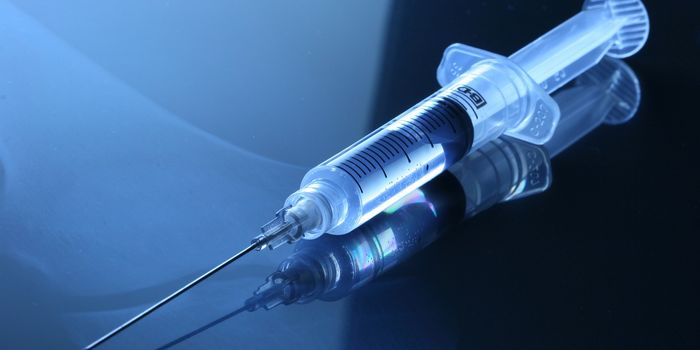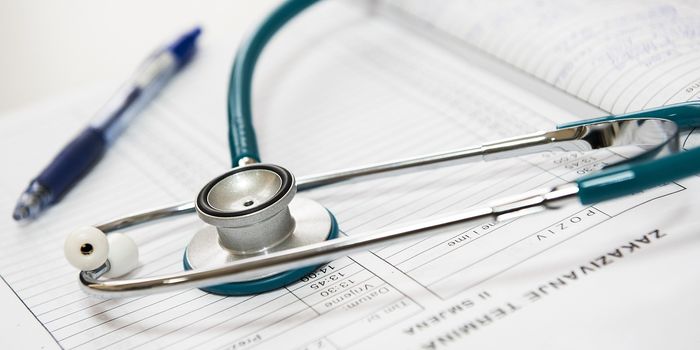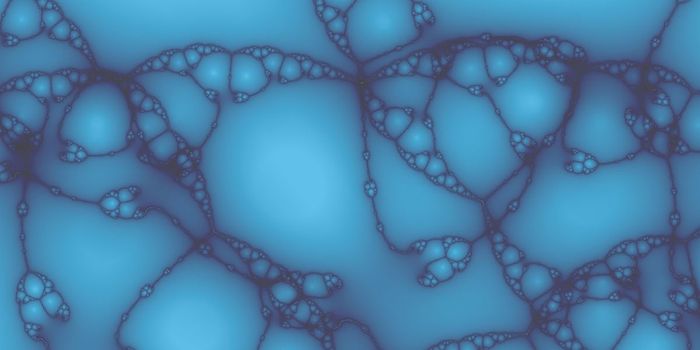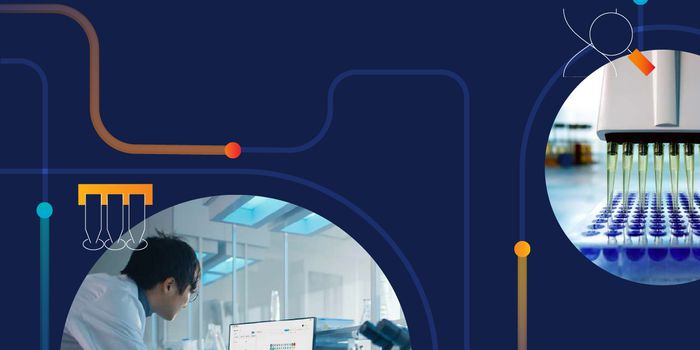Timing is Everything in the Cancer-Soy Connection
Scientists at Georgetown Lombardi Comprehensive Cancer Center have investigated the relationship between soy consumption and breast cancer in animal models, finding a mixed bag of effects. In rodents, the researchers revealed the mechanism by which soy intake reduces the recurrence of breast cancer and boosts the efficacy of a breast cancer drug tamoxifen. However, the work also indicates why consuming soy-based foods for the first time during tamoxifen treatment can actually have a negative impact, the reduce effectiveness of tamoxifen, and promoting cancer recurrence. The results, summarized in the video below from Time Magazine, have been reported in the journal Clinical Cancer Research; they show why consumption especially of the most active isoflavone in soy, genistein, influences tamoxifen.
The senior investigator of the work, Leena Hilakivi-Clarke, PhD, a Professor of Oncology at Georgetown Lombardi, indicated that their findings reflect the experience of breast cancer patients. "There has long been a paradox concerning genistein, which has the similar structure as estrogen and activates both human estrogen receptors to a degree. Estrogen drives most breast cancer growth, yet high soy intake among women in Asian countries has been linked to a breast cancer rate that is five times lower than Western women, who eat much less soy," explained Hilakivi-Clarke. "So why is soy, which mimics estrogen, protective in Asian women?"
Breast cancer that is considered positive for estrogen receptors impacts over 70 percent of those diagnosed, 1.67 million women globally in 2012. Endocrine treatments are supposed to lessen estrogen's ability to encourage cancer growth, and are the most typical treatment. While some endocrine breast cancer therapeutics are effective, about half of those treated are not responsive or the cancer comes back.
The scientists employed a more advanced breast cancer and tamoxifen model in their rats to implicate the timing of genistein intake as the critical factor. Lead researcher Xiyuan Zhang explained that sustained intake of genistein over a long time prior to the development of breast cancer improves the overall resistance to cancer, which acts as a shield against the development and recurrence of cancer.
"It also inhibits a mechanism called autophagy that would allow cancer cells to survive, which explains why it helps tamoxifen work," says Zhang, who was a member of Hilakivi-Clarke's laboratory at the time of this work, and is now a postdoctoral researcher at the National Institutes of Health.
Previous studies that were done in women have not found an adverse effect from soy intake on breast cancer outcome, said the researchers, who added that research also indicates that intake of as little as 1/3rd cup of soymilk daily or 10 mg. of isoflavones, in Asian and Caucasian women resulted in the lowest rate of breast cancer recurrence. However, the data from animal studies show that starting to eat or drink soy after the development of breast cancer may not be a good idea.
Initiating genistein intake following breast cancer development in animals did not start an immune response against the tumor, Zhang said. "We do not know yet why this made the animals resistant to the beneficial effects of tamoxifen and increased risk of cancer recurrence," she continued.
Animals exposed to genistein as adults had a 7 percent chance of breast cancer recurrence following treatment with tamoxifen treatment, while a 33 percent recurrence was seen in rats consuming genistein only after the start of breast cancer development.
"We have solved the puzzle of genistein and breast cancer in our rat model, which perfectly explains the paradox seen in earlier animal studies and patients," saidHilakivi-Clarke. "While many oncologists advise their patients not to take isoflavone supplements or consume soy foods, our findings suggest a more nuanced message -- if these results hold true for women. Our results suggest that breast cancer patients should continue consuming soy foods after diagnosis, but not to start them if they have not consumed genistein previously."
Sources: ScienceDaily via Georgetown University, Clinical Cancer Research








